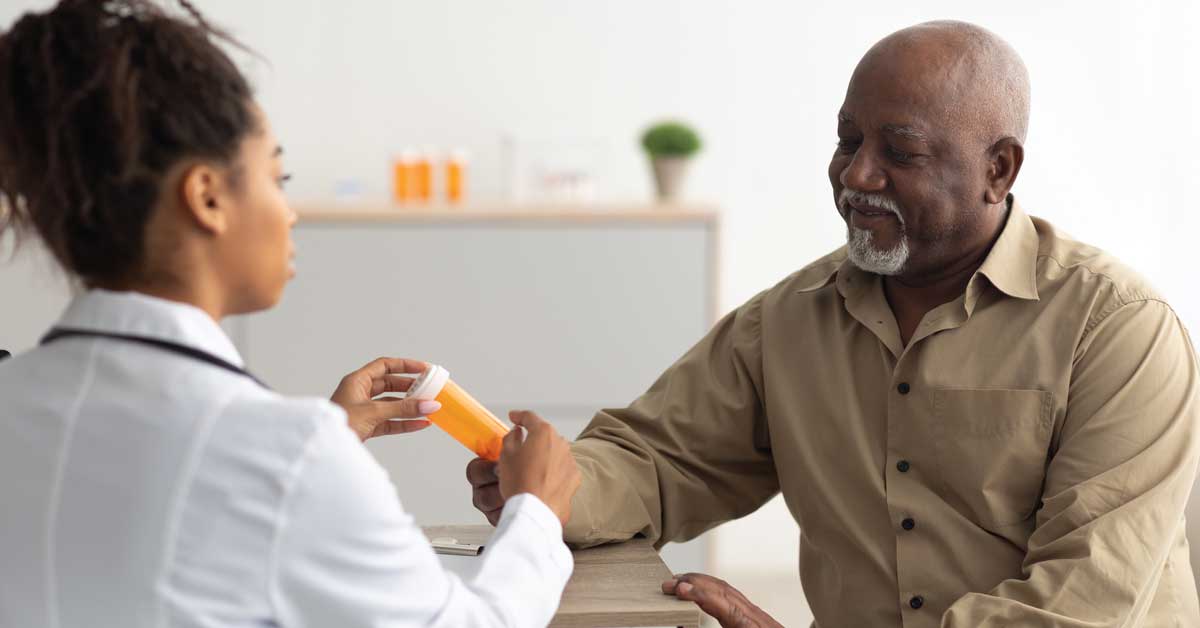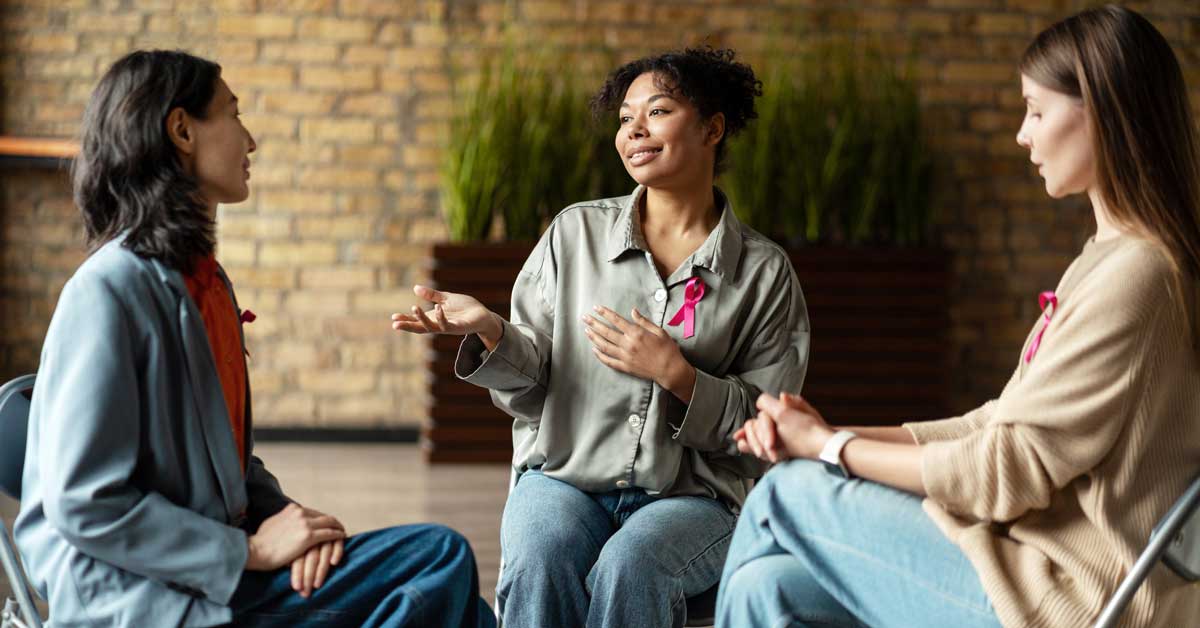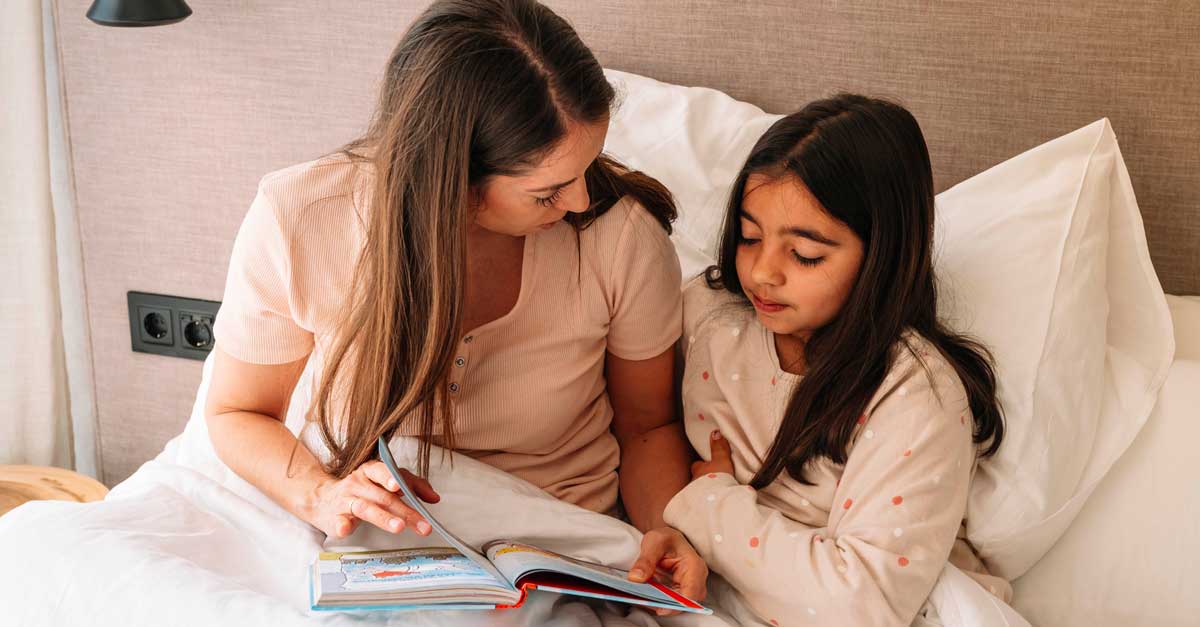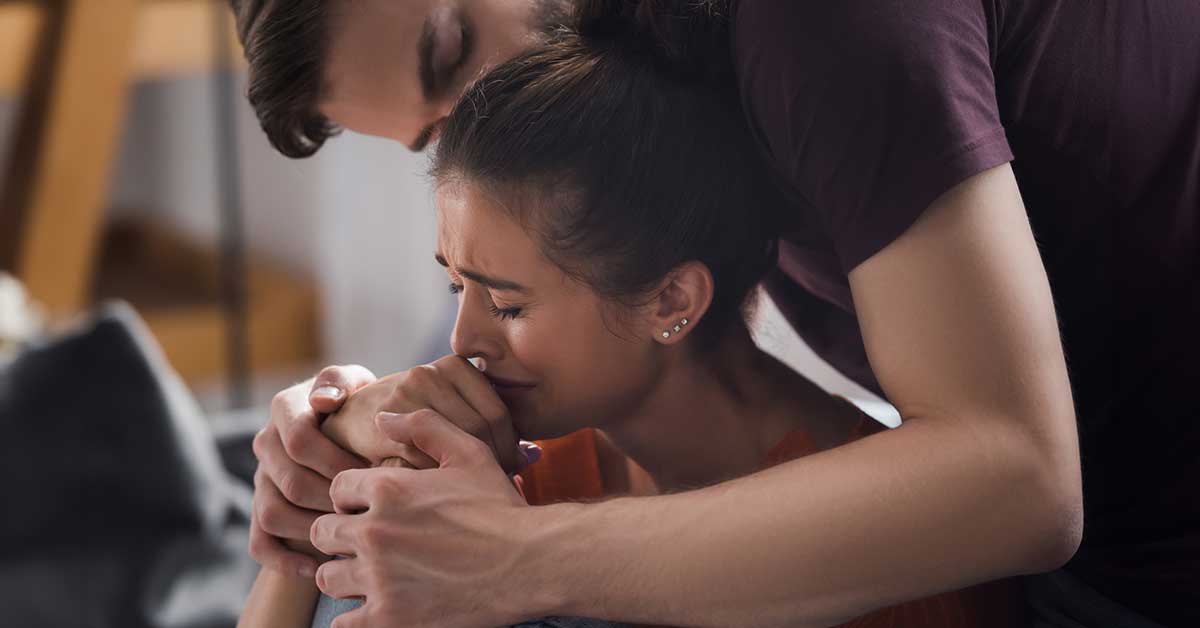How to Respond When Someone Tells You They Have Cancer
When we are shocked by unexpected news it takes a bit of time to process our thoughts and feelings. We often go into fight, flight, or freeze-type responses. This often does not allow for the best responses to be expressed. Your loved one is adjusting to the news they have cancer and has invited you into their journey by sharing this with you. They are most likely feeling stress, confusion, anger, fear, sadness, worry, uncertainty, disappointment, and discouragement all at the same time.
It can be difficult to know the right thing to say. The following is a general list of some unhelpful responses to say to someone when they share with you that they have cancer.

Unhelpful Responses:
- I know just how you feel.
- I know just what you should do.
- I know someone who had the same diagnosis.
- Don’t worry.
- I’m sure you’ll be fine.
- You’re strong you can beat this.
- How long do you have?
- I could never go through what you’re going through.
- I don’t know how you deal with this.
These unhelpful responses cause your friend and loved one to feel dismissed, minimized and that they need to put a brave face on for you and everyone else in their life. They may begin to feel alienated and that they are a burden. Avoiding judgmental tones, telling a loved one how they should feel or what they are not doing enough of causes a person to feel misunderstood and devalued. Many people navigating cancer need time to process the details of their diagnosis and hearing someone tell them what they should or should not be doing is discouraging to the person. Unhelpful responses can be seen as judgmental, uncaring, flippant, and out of touch. The best way to encourage someone is to give them hope.

Helpful Responses:
- I care for you and I’m here for you.
- If you want to talk, I’m here to listen.
- Many people in a situation like yours would have that reaction.
- It seems reasonable to me to be feeling sad.
- I can hear it has been hard for you to share, thank you for sharing with me.
- You’ve been going through a tough time.
- I’m always here if you’d like to talk.
These helpful responses are real, authentic and show your friend and loved one that you may not have the perfect words to say but that you are present and care for them. These responses help to reassure a person that they do not need to hold in their emotions and that you are a safe place for them. Helpful responses cause the person to feel normal and validated in how they are feeling about receiving news they have cancer.
Some additional responses suggested to show your care and concern:
- “I’m not sure what to say, but I want you to know I care”.
- “I’m sorry to hear that you are going through this”.
- “If you would like to talk about it, I’m here”.
- “Please let me know how I can help”. (It is normal that they may not know what they need; You could also say “I was thinking about you and thought you would enjoy this___.” Or “I know you are still figuring things out and learning what you need, I thought this may be helpful in the meantime; if it is not helpful, I understand and will be here for you when you learn more about what you need.”
- “I’ll keep you in my thoughts”.
- “I will be here for you through this, but it may also be helpful for you to talk to someone about how you are feeling. What are your thoughts about that?”

The best responses are:
- Do not reject, abandon, or distance yourself. It leaves the person feeling isolated, alienated and alone.
- Follow up is key. Follow up shows you care. When your friend and loved one tells you they have cancer, follow up with them, at least in one to two weeks after they tell you. If you promise to call, please call them. If you promise to text, make sure you text them. If you promise to visit, please visit. We are all busy, and life often does not stop for the friends and loved ones of someone with cancer. If you tend to forget in your busy day, set a reminder on your phone, write it on a physical calendar as a reminder, or use a good old-fashioned sticky note.
When we face crisis, it causes fear. Even if your friend or loved one may not say they are scared, keep in mind that many people show fear through anger, humor and even putting on a brave face to stay strong for themselves and others around them. People who are angry are often quite scared and afraid of showing that vulnerability of fear. Your loved one in crisis needs a caring familiar face for comfort and to encourage them day after day. You are not there to fix the problem, just walk with them through their journey. Simply showing up for someone navigating a cancer diagnosis and treatment is the best response.






Comments